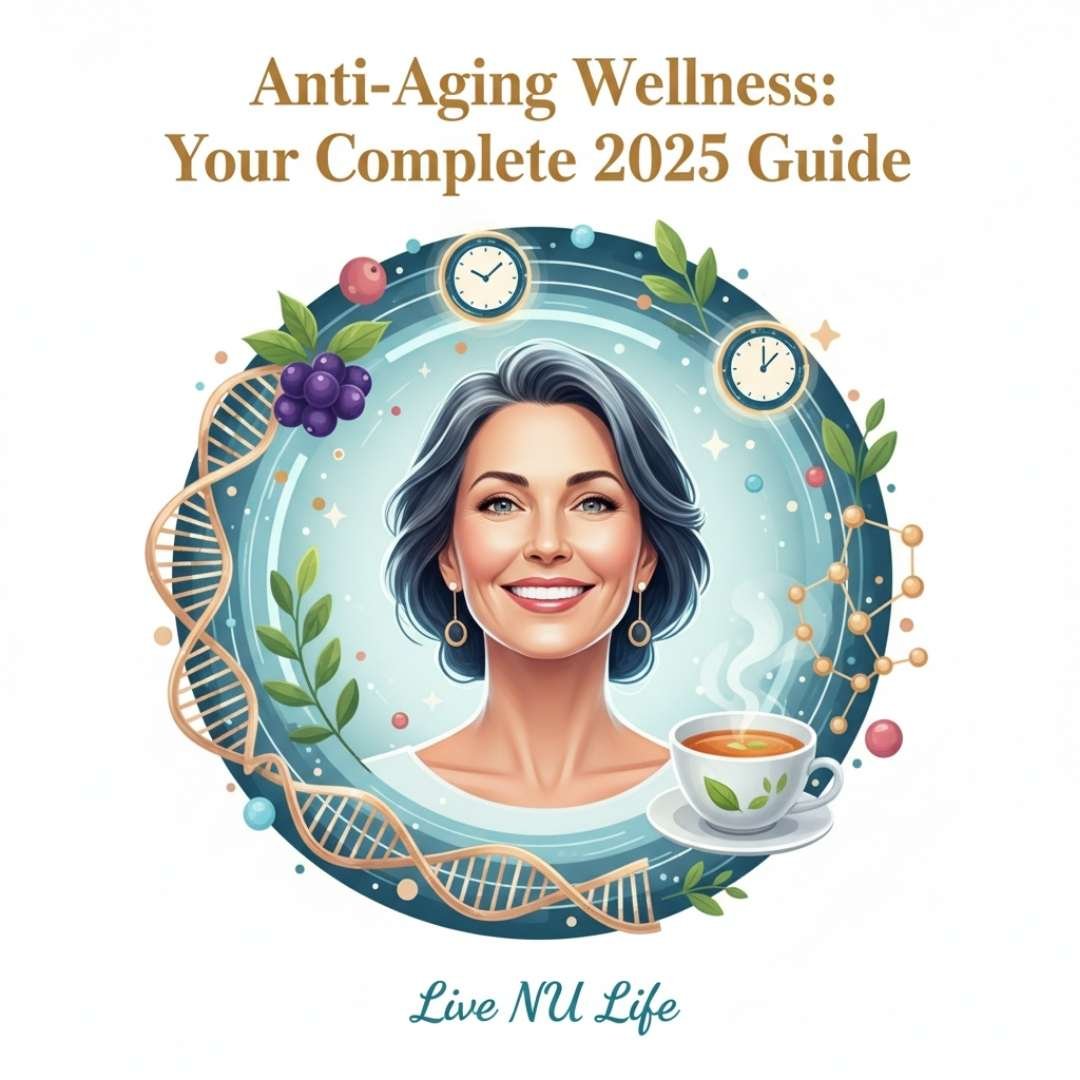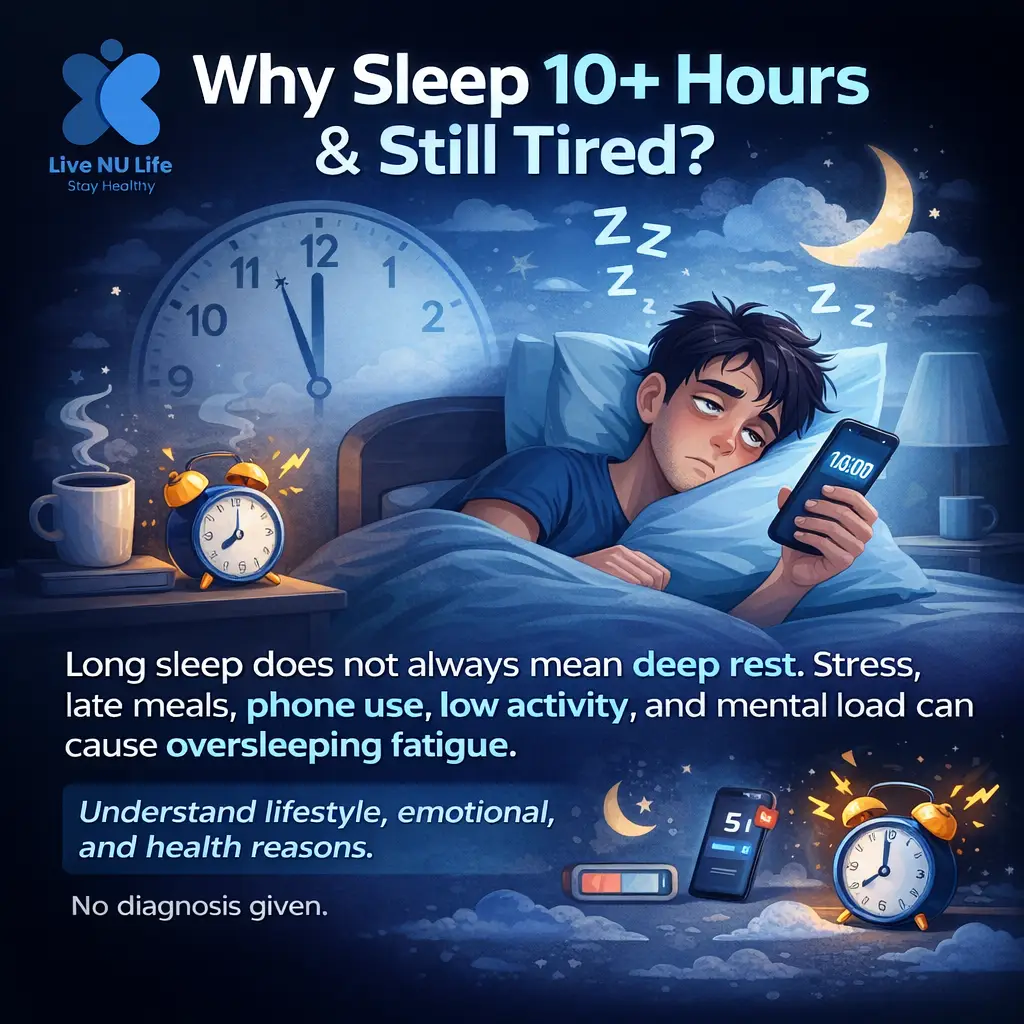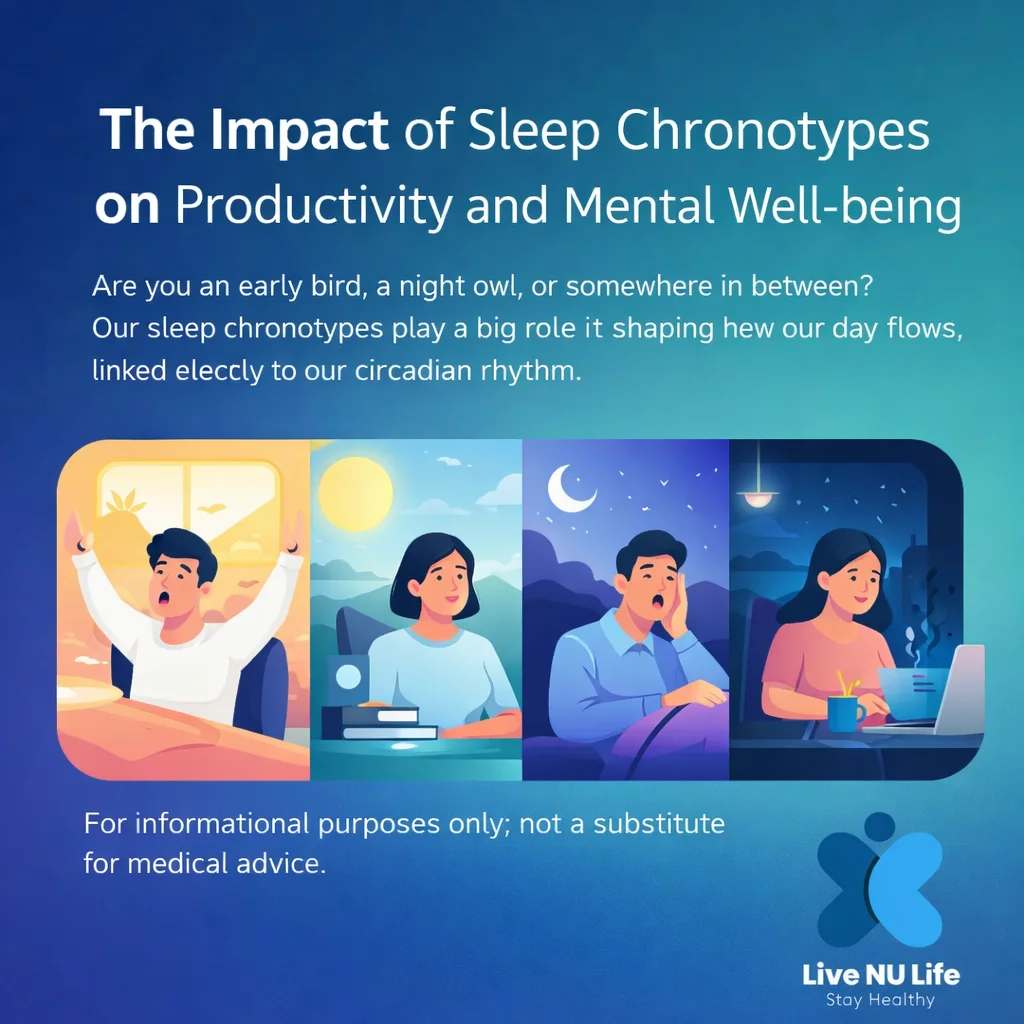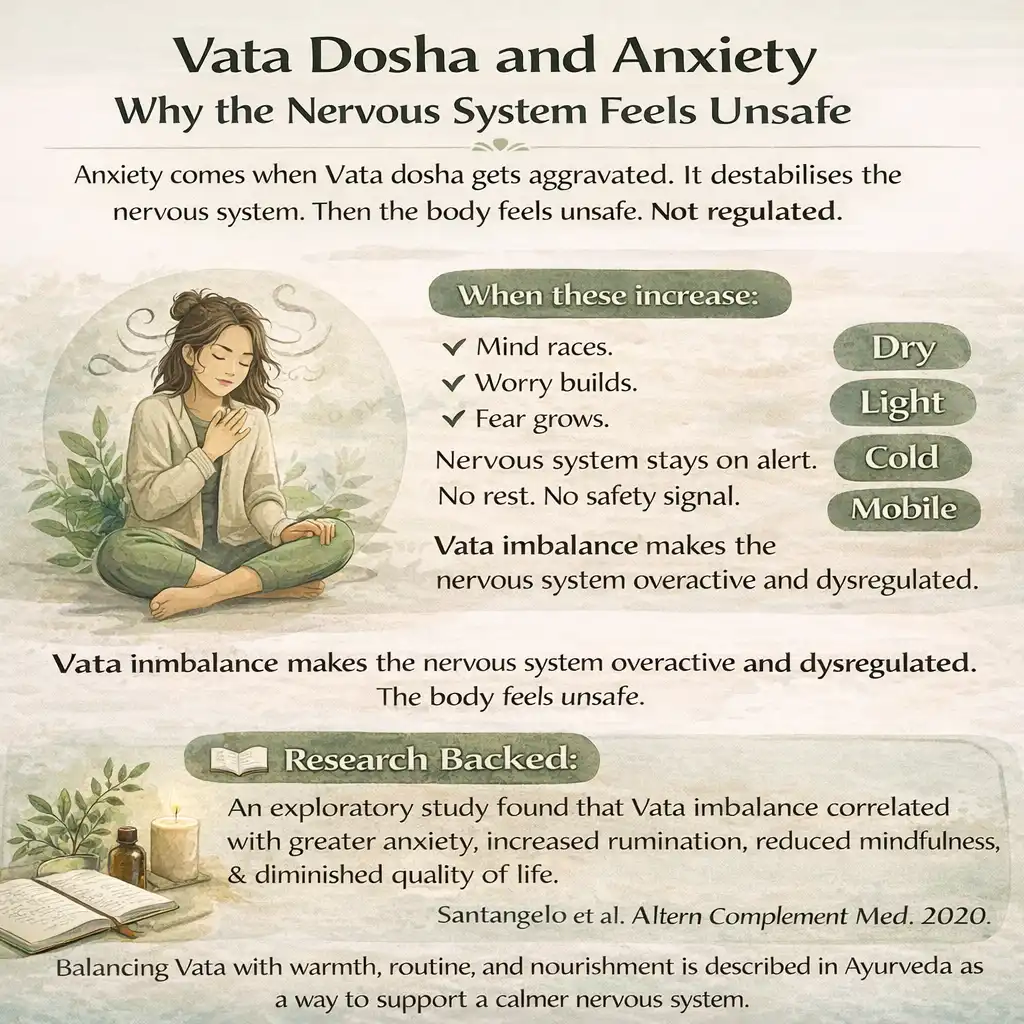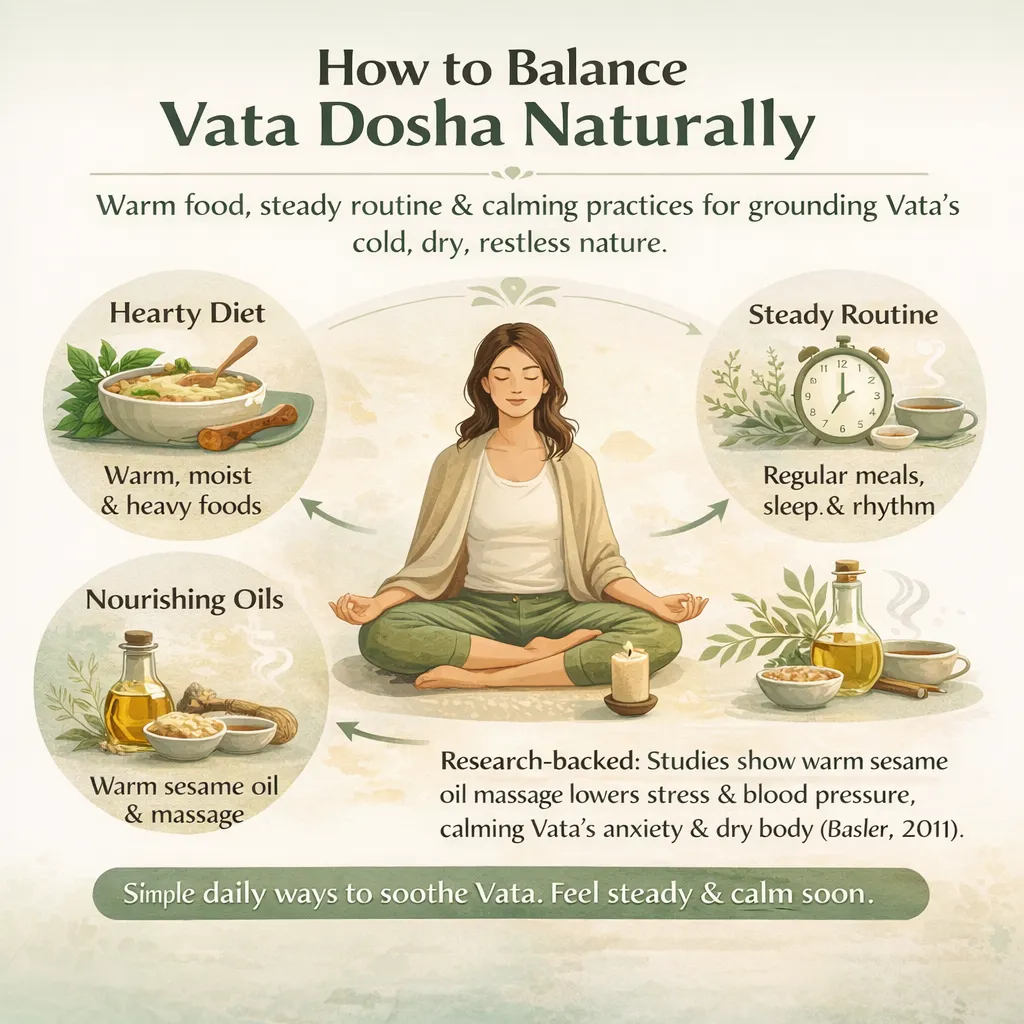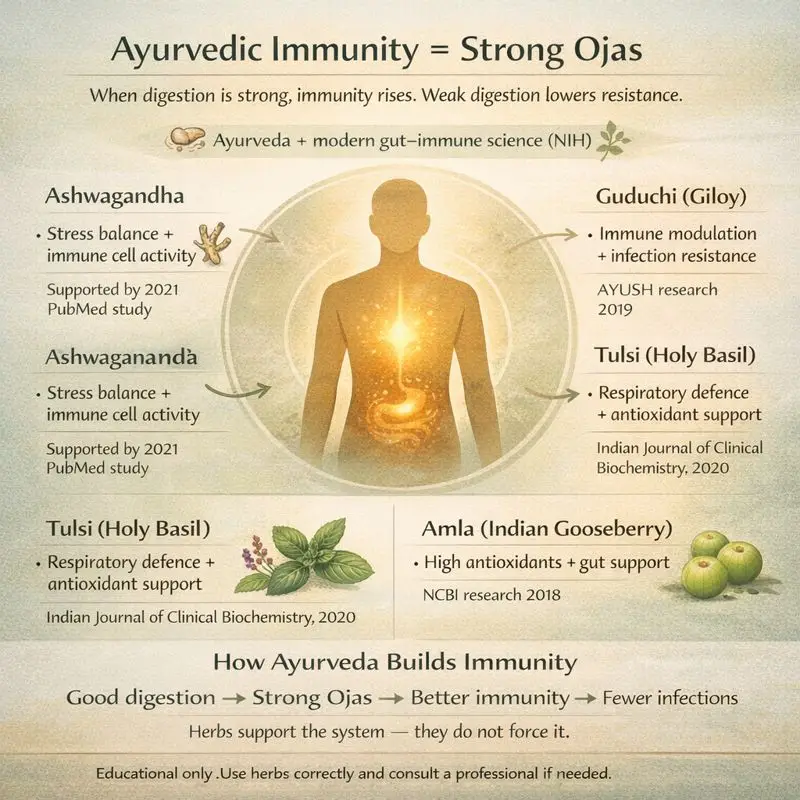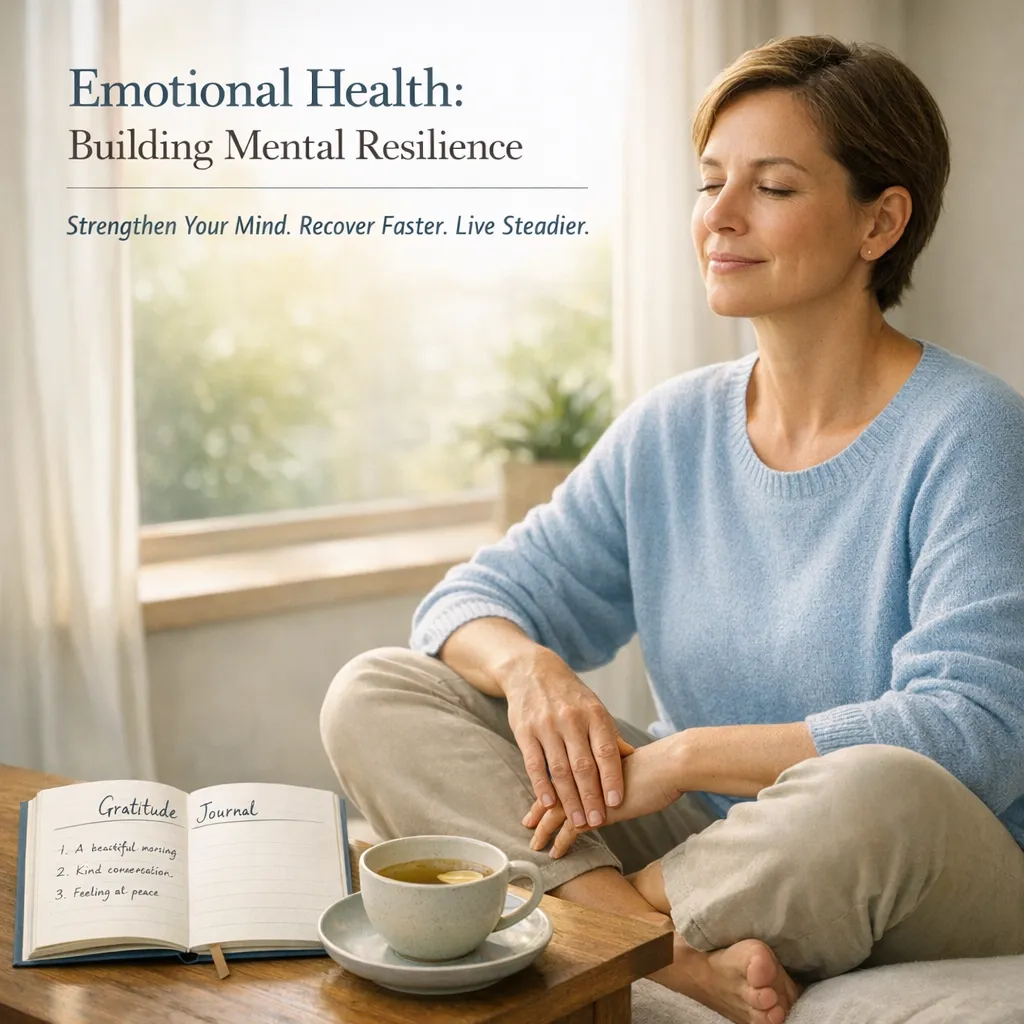Do not wait for wrinkles to show. Start early. Begin each morning with a stretch and breath. Drink warm water (it wakes digestion). Eat real food—colorful, alive, not from packets. Sleep deep, like a baby. That’s how the body repairs itself.
Move every day. Walk slow or fast, but do it. Feel your joints; do not ignore small stiffness. Take sunlight (not too long). Touch grass or tree; it’s grounding and simple medicine.
Keep stress low. Breathe longer out than in. Laugh more, like a kid laughs. When body calm, skin glow different.
Now in 2025, anti-aging wellness is not only creams and tablets. It’s full routine. Body, food, breath, and mind together. So, begin small. One step daily. Watch your face change, your eyes shine. Age slow, live light, stay kind to your body.
Table of Contents
ToggleWhat Does Anti-Aging Wellness Really Mean in 2025?
Anti-aging wellness in 2025 not about stopping time. It about living time better. It means to care body, mind, and energy so age come slowly, softly (like morning fog, not storm).
Start by looking at small signs—dry skin, tired eyes, brain fog. These are not just age. These are body saying “something out of tune.” Fix the tune. Eat whole food. Sleep deep. Move daily (even 15 minutes walk count).
Now people talk about biohacking, peptides, NAD+ boosters. But still, the roots same—good breath, clean gut, quiet mind. You cannot shortcut this (machines can help, but not fix everything).
So anti-aging wellness mean—support your body to repair itself. Use science and common sense both. Drink warm water in morning (it flush old toxins). Do stretching for spine (it keep energy flow). Add protein and greens in each meal.
Think of yourself like a small tree. You don’t delay growing old. You make soil rich so tree stay strong. Wellness is the soil. Aging is just season change.
In 2025, people finally see this truth—anti-aging not about wrinkle cream only. It is daily lifestyle routine: sunlight, hydration, movement, clean food, calm mind. These build slow age.
Do not chase youth. Build vitality. That the real meaning of anti-aging wellness now.
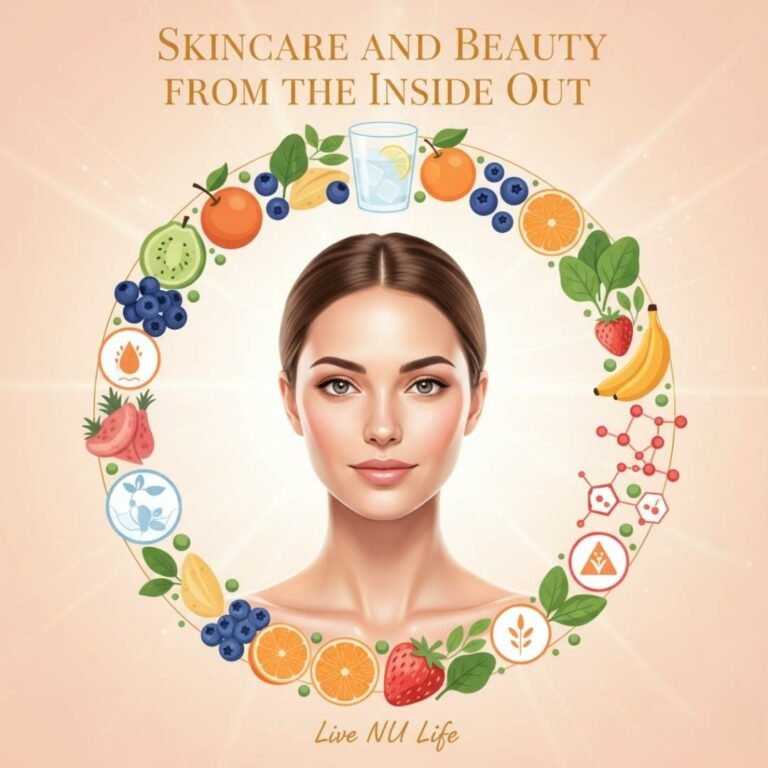
The Science Behind Aging – Why Do We Age?
Aging happens slowly. You don’t really see it day by day, but the body keep changing. Cells repair slower, skin lose glow, joints feel stiff. People want to stop it, but science show we can only slow it down, not stop it fully. Let’s see why this happen and what’s really going on inside.
How the Body Cells Age
- Every cell divide again and again. But after some time, it stop. This limit called Hayflick limit (means cell can divide only fixed times).
- DNA get small damage each day – from sunlight, food, stress, or just breathing.
- Body repair system try to fix it, but after many years, the repair not perfect anymore.
- Think of it like an old photocopy machine. Each copy lose small detail.
Why We Lose Energy
- Mitochondria (the cell’s tiny battery) become weak. They make less energy, and more waste.
- When energy drops, body function slow. Muscles recover late, and skin start to sag.
- This is why older people feel tired faster, even with same work.
The Role of Inflammation
- Small inflammation in body all the time (from bad food, pollution, stress).
- Over years, this “silent fire” burn tissues slowly. Scientists call it inflammaging.
- Eat colorful fruits, move body daily. It keep this fire down.
Can We Slow Aging?
Yes, a bit. Sleep well, eat simple and clean, use muscles daily.
(The body like rhythm, not rush.) Breathe deep. Smile often. It all count.
Discover effective methods to reduce anxiety and improve focus in Stress Management Solutions.
Top Lifestyle Habits That Slow Down Aging Naturally
Aging start slowly, then one day you feel it suddenly. You wake up and bones stiff, skin lost glow. But nature already has answer. Simple habits, every single day, can slow it down. These are not fancy pills or hard workouts. Only lifestyle habits, so basic that most people ignore. Follow day by day.
Nutrition for Longevity
- Eat fresh food (not packet one).
- Add leafy greens, nuts, fruit with color.
- Drink water early morning before tea.
- Cut sugar slowly (start with half).
- Use turmeric, garlic, and ginger—they fight cell damage.
- Eat light at night; stomach must rest.
Sleep and Recovery
- Sleep before midnight. Body repair happen mostly then.
- Keep phone away 30 minutes before bed (or brain don’t calm).
- Make room cool and dark.
- Rest eyes often during day (close and breathe for 10 seconds).
- Take short nap if work too much—it reset mood and body.
Exercise and Mobility
- Stretch daily, even 5 minutes (like cat after sleep).
- Walk in sunlight, early morning.
- Don’t lift heavy suddenly—slow build strength.
- Add breathing with movement (like qigong, slow and calm).
- Keep spine flexible (bend gently like bamboo).
Stress Management and Mindfulness
- Breathe deep when angry—count three and exhale.
- Sit quiet 10 minutes daily, no phone.
- Smile often; it signals body to heal.
- Talk kindly to self (mind believe it).
- (If feel tired inside, walk in nature—it fix things quietly.)
Dive into our guide on 10 Daily Habits to Extend Your Healthspan in 2025 to start expanding your health-span today.
Best Anti-Aging Supplements and Nutrients (Evidence-Based)
Aging come to everyone, but you can slow it down. Not by magic cream or fancy diet. By right nutrients, consistent habits, and little care each day. Body show age when cells tired and inflammation stay too long. So, feed the cells. Support brain, heart, and skin together. Below are best anti-aging supplements (based on science, not myth).
Vitamin D – The Sunshine Guard
Take it if you stay mostly indoors (most people do). It supports strong bones, good mood, and healthy immune system. Low vitamin D link with faster aging, brittle bones, and weak heart. Morning sunlight 20 minutes also good.
Omega-3 Fatty Acid – Keep Cells Fluid
Found in fish oil and flaxseed. These fats calm inflammation and keep brain sharp. Think of it like oiling an old machine—moves smoother and lasts longer.
CoQ10 – Battery of Your Cells
This one give energy to mitochondria (the body’s powerhouse). As we grow old, CoQ10 drop. Take it with a meal that has fat (absorb better that way).
Collagen + Vitamin C – Skin and Joint Helper
Collagen make skin firm like young days. Add vitamin C to help body produce collagen better. You can mix collagen powder in smoothies (taste neutral mostly).
Resveratrol – The Red Grape Secret
Found in grape skin and red wine (but don’t rely on wine). This antioxidant protect DNA and heart from aging stress. It works slowly, but works steady.
Try one or two first. Give few weeks. Then check how body feels (energy, sleep, skin glow). Aging slow best when you combine nutrition with movement and good rest.
Explore advanced strategies with Science-Based Longevity Protocols for Optimal Aging and take your wellness further.
Skincare and Beauty from the Inside Out
Skin is not just what we see in mirror. It show what goes on inside. When stomach upset or mind tired, face look dull. When you eat clean and sleep deep, skin glow like morning light. This is how beauty start from inside out. Let’s begin simple ways to care both sides — inner and outer.
Eat Right for Glowing Skin
- Start morning with warm water and few drops of lemon. (It clean stomach and support digestion.)
- Eat more fruits with water, like watermelon and cucumber. They cool body heat.
- Add nuts, seeds, small spoon of ghee daily. They give natural skin oil.
- Avoid too much fried snack. They block pores from inside.
Stay Hydrated
- Sip water all day, not all at once. Think of skin like dry soil — pour slowly so it can absorb.
- Add mint or cucumber slices in bottle. (Make plain water less boring.)
- Coconut water or herbal tea work same too.
Sleep Deep and Calm Mind
- Go to bed before midnight. Skin repair best between 10 PM and 2 AM.
- Try slow breathing before sleep. Imagine releasing face tightness.
- If always thinking, keep notebook near bed (write and forget).
Gentle Outer Care
- Wash face with mild cleanser, not too foamy.
- Use natural oil like almond or rosehip at night (just few drops).
- Once a week scrub gently — not hard, skin is like soft fruit.
When inside calm and nourished, outside shine without much makeup.
Explore practical and effective strategies to manage stress in our guide to 5 Natural Stress-Busting Techniques That Actually Work.
How Gut Health Impacts Aging and Immunity
Good gut means strong body. When your gut not working well, whole system feel slow and tired. Food not digest, skin dull, and immunity drop fast. Many old people suffer this because gut bacteria become weak (too much junk, stress, sitting long hours). But you can fix it with small daily practice.
Strengthen Gut for Better Aging
- Eat warm food. Cold food slow digestion (that’s why old stomach get bloated easily).
- Drink ginger water in morning. It wake up gut and clean bad gas.
- Chew food slowly, as if grinding medicine.
Boost Immune Function Naturally
- Add fermented food like curd or homemade pickles. They feed good bacteria.
- Sleep well. Gut repair start in deep sleep.
- Avoid too much sugar (it feed bad bacteria).
Daily Gut Care Routine
- Walk after meals, even 10 minutes.
- Keep stress low. Gut feel every emotion.
- Smile more. Happy gut, happy aging.
Discover top science-backed options for optimal aging in our Best Longevity Supplements: Evidence-Based Guide.
Expert Tips to Stay Youthful, Energetic, and Confident
People want to look young and feel full of energy. But most forget that youth is not only skin. It’s breath, movement, and how you think every morning. Try to make small changes. They do big work inside the body and mind.
Move Daily
- Walk every day (even 15 minutes make blood happy).
- Try slow warm-up in morning, stretch arms like you reach to sky.
- Do some deep squats (like sitting on a low chair). Keep back straight.
Eat Real Food
- Avoid packet things. Eat fruits before main meals.
- Drink warm water with lemon in morning (cleans inside).
- Keep one plate colorful — red tomato, green spinach, orange carrot.
Stay Confident
- Stand tall, shoulders back.
- Smile often (brain think you feel good).
- Look in mirror, talk with self kindly (works better than any cream).
Discover how to boost longevity from within in our Cellular Health Optimization: The Future of Wellness guide.
Frequently Asked Questions
- Yes, start with clean diet. Eat more green leaves and bright fruits (those have antioxidants).
- Avoid fried stuff and soda. They make cell tired fast.
- Move daily. Walk fast, do light yoga or qigong.
- Keep muscles warm. (Cold joints age faster.)
- Try get 7–8 hours. Deep sleep fix skin and memory.
Avoid too much light or phone before bed.
- Use gentle cleanser.
- Massage skin slowly (like ironing cloth).
Apply sunscreen every day, even cloudy.
- Yes, it show in eyes and jaw.
- Breathe slow. Smile more.
- Do small meditation morning and night.
- Wait 3–6 months. Slow but strong change.
- Keep routine (don’t skip days).
References
Belsky, D. W., Huffman, K. M., Pieper, C. F., Shalev, I., & Kraus, W. E. (2018). Change in the rate of biological aging in response to caloric restriction: CALERIE biobank analysis. The Journals of Gerontology: Series A, 73(1), 4-10. https://doi.org/10.1093/gerona/glx146
Bosco, N., & Noti, M. (2021). The aging gut microbiome and its impact on host immunity. Genes & Immunity, 22(4), 289-303. https://doi.org/10.1038/s41435-021-00126-8
Chen, Q., Zhang, J., & Li, W. (2024). Neurobiological and anti-aging benefits of yoga. Experimental Gerontology, 188, 112378. https://doi.org/10.1016/j.exger.2024.112378
Desai, D., Sharma, A., & Patel, R. (2024). Exploring the role of circadian rhythms in sleep and aging. Frontiers in Aging Neuroscience, 16, 1421896. https://doi.org/10.3389/fnagi.2024.1421896
Dorling, J. L., Das, S. K., Racette, S. B., Apolzan, J. W., Zhang, D., Pieper, C. F., Huffman, K. M., Redman, L. M., Martin, C. K., & Kraus, W. E. (2020). Changes in body weight, adherence, and appetite during 2 years of caloric restriction: The CALERIE 2 randomized clinical trial. Journal of Clinical Endocrinology & Metabolism, 105(4), e1153-e1164. https://doi.org/10.1210/clinem/dgz120
Ferrucci, L., & Fabbri, E. (2018). Inflammageing: chronic inflammation in ageing, cardiovascular disease, and frailty. Nature Reviews Cardiology, 15(9), 505-522. https://doi.org/10.1038/s41569-018-0064-2
Flanagan, E. W., Most, J., Mey, J. T., & Redman, L. M. (2020). Calorie restriction and aging in humans. Annual Review of Nutrition, 40, 105-133. https://doi.org/10.1146/annurev-nutr-122319-034601
Garbarino, S., Lanteri, P., Bragazzi, N. L., Magnavita, N., & Scoditti, E. (2021). Role of sleep deprivation in immune-related disease risk and outcomes. Communications Biology, 4(1), 1304. https://doi.org/10.1038/s42003-021-02825-4
Gremeaux, V., Gayda, M., Lepers, R., Sosner, P., Juneau, M., & Nigam, A. (2012). Exercise and longevity. Maturitas, 73(4), 312-317. https://doi.org/10.1016/j.maturitas.2012.09.012
Juckett, D. A., & Rosenberg, B. (1987). Cellular aging (the Hayflick limit) and species longevity: A unification model based on clonal succession. Experimental Gerontology, 22(3), 199-211. https://doi.org/10.1016/0531-5565(87)90040-0[10
]
Laurin, J. L., Reid, J. J., Haq, K., Paterson, D. H., & Kotroba, E. (2019). Long-term aerobic exercise preserves muscle mass and function with age. Current Opinion in Physiology, 10, 70-74. https://doi.org/10.1016/j.cophys.2019.04.019
Li, X., Zhang, W., Cao, Q., Wang, Z., Zhao, M., Xu, L., Zhuang, Q., Chen, T., & Jiang, X. (2025). Individual and additive effects of vitamin D, omega-3 and exercise on biological aging: Results from the DO-HEALTH trial. Nature Aging, 5(3), 312-323. https://doi.org/10.1038/s43587-025-00563-0
Most, J., Tosti, V., Redman, L. M., & Fontana, L. (2018). Calorie restriction in humans: An update. Ageing Research Reviews, 39, 36-45. https://doi.org/10.1016/j.arr.2016.08.005
Schmidt, C., Collette, F., Cajochen, C., & Peigneux, P. (2012). Age-related changes in sleep and circadian rhythms: Impact on cognitive performance and underlying neuroanatomical networks. Frontiers in Neurology, 3, 118. https://doi.org/10.3389/fneur.2012.00118
Shay, J. W., & Wright, W. E. (2000). Hayflick, his limit, and cellular ageing. Nature Reviews Molecular Cell Biology, 1(1), 72-76. https://doi.org/10.1038/35036093

